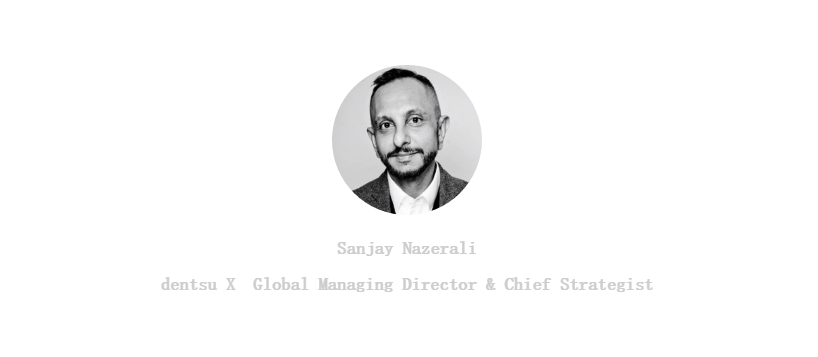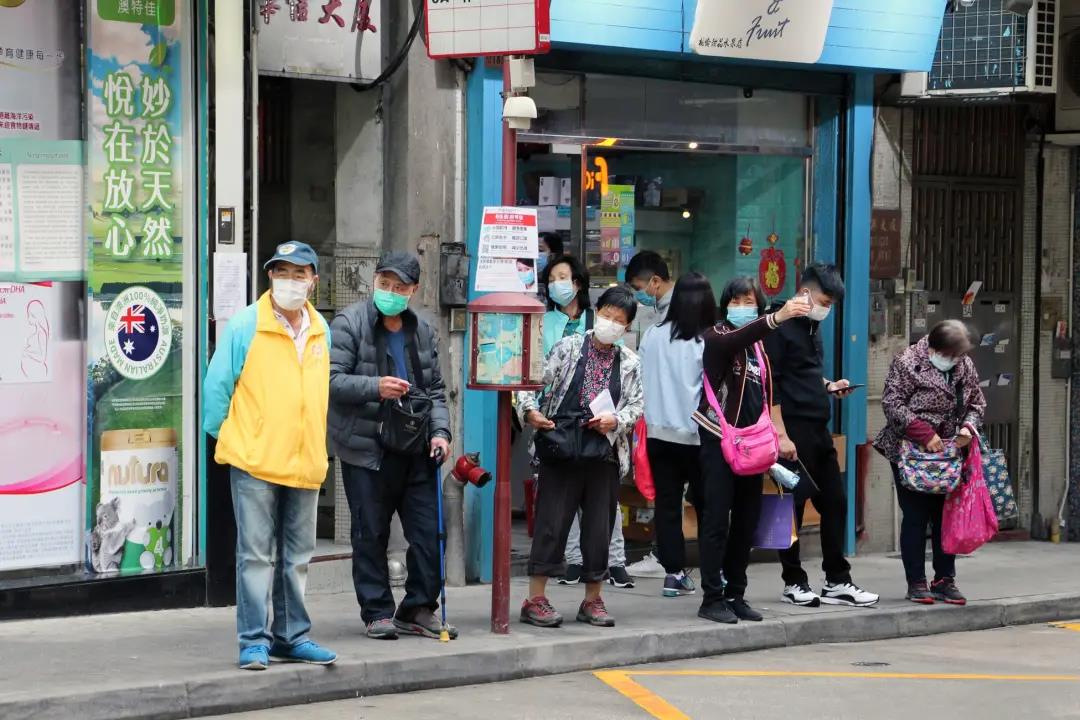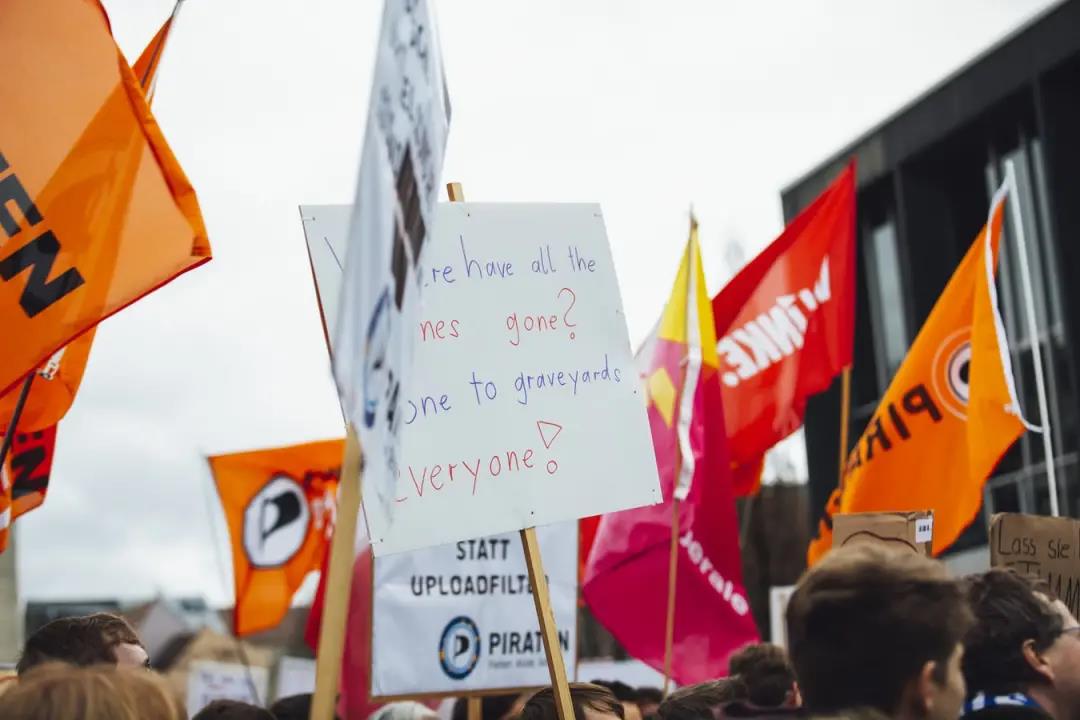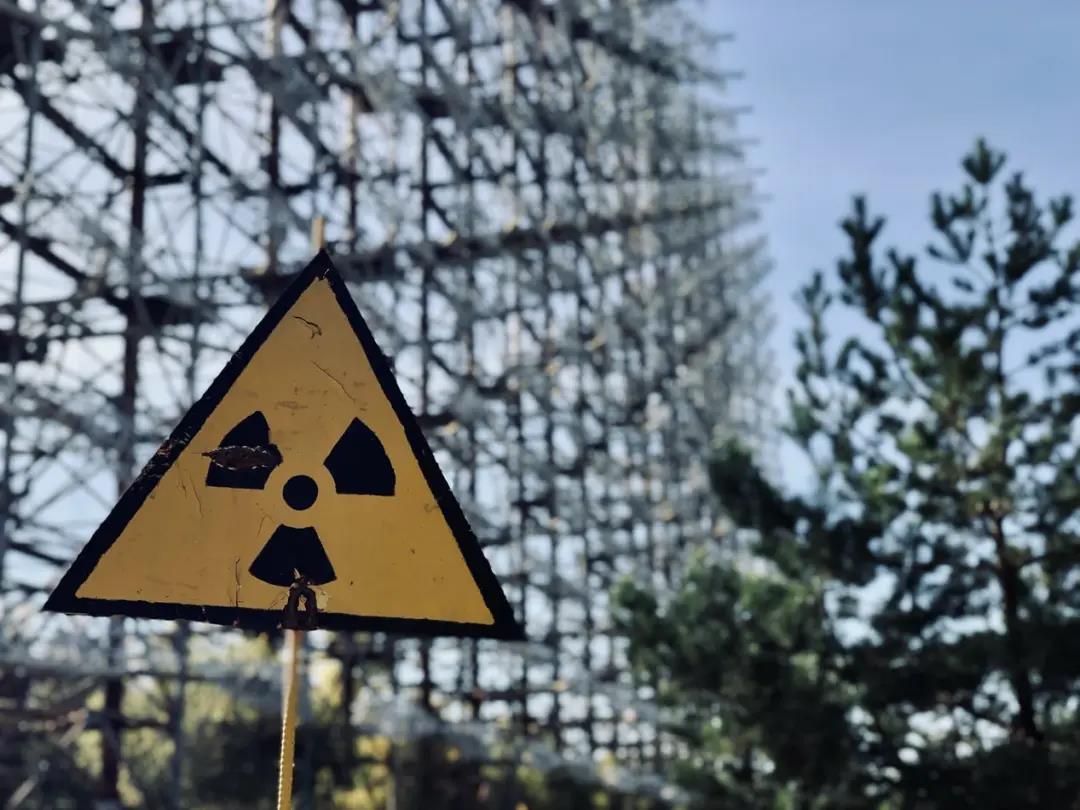Five Concepts for the New Different
The Dentsu Institute recently published 20 concepts and perspectives to guide societal transformation in Japan. The list contains many ideas that stretch far beyond Japan and are relevant to all of us across the globe. Here are five that stand out as rich areas for brands and agencies to mine, embrace and use to create our new world.

Technology and Ethics
Satya Nadella, CEO of Microsoft, said at the 2018 edition of Microsoft Build (the company’s technology conference) that “technology only tells you what you can do, not what you should do.” The fractured and fractious relationship between technology and ethics needs rebuilding. How might we make this happen? Perhaps as an industry, we could create basic training in ethical decision-making as a global standard. This would be undertaken as a ‘licence to practice’ by all technology developers. We have global standards for practicing medicine, so why not a global standard for ethical decision-making? Another idea might be a “reinvention” of civics, a social science dealing with citizens’ rights and duties that used to be studied around the world but has fallen out of fashion in the last decade.

We vs. Me
The past decade has been characterised by social and political division, such as nationalism on one side and international collaboration on the other. By contrast, the pandemic has thrown into sharp relief that everyone’s health is dependent on every individual’s compliance. We need to learn new ways to see and act upon the mutual dependence between “we” and “me.” Even at those times when disagreement is valuable, there is a need to “disagree better”. Technology, brands and government are in a position to play an essential role in crafting a new narrative around unity, rather than division.

Attitudes towards “Work”
Globally, we are seeing that young people are looking for quality of life over work. Perhaps this is because their economic future has been uncertain since the global financial crisis, with the growth of the “gig economy” another contributing factor. We are also seeing young people less interested in ownership if they can rent instead via subscriptions or other means. Social participation, engaged experiences, and autonomy are becoming far more powerful than the working lives led by their parents’ generation. This has profound implications for how we conceive of education and the workplace. As organisations compete for talent, the employer brand and employee experience have an opportunity to become meaningful brand contributors.

Politics vs. Purpose
Globally, we are also seeing that “politics” in terms of government institutions is becoming less interesting to the young. At the same time, however, the idea of purpose is taking on a deeper significance. In that context, there are more demonstrations against capitalism, for action on climate change, and for equality (such as the Black Lives Matter movement). The young are still interested in “politics” but not in the institutions of government; they express their politics through social and direct action. That represents both a threat to traditional institutions, but also an opportunity for them to find powerful new paths to youth engagement. This opportunity is open to the corporate sector, too, transforming silo’ed CSR departments into systemic corporate ethos.

The Danger of Efficiency
This theme is extremely powerful not only for society but also for commercial companies. We have been so focused on efficiency over the last decade that we have forgotten about resilience. This is also true globally. A guest speaker at our leadership conference was asked about precisely this issue: have we compromised resilience for short-term efficiency. His answer was clear: we need to rethink efficiency throughout society and industry in order to be prepared for the “Next Crisis”, for we should make no mistake that there will be one. Building capacity, investing in contingency capabilities and preparing for a more imaginative set of future scenarios are critical if brands, businesses and society at large are to succeed in the future.

Next Crisis
The DX has been useful during the current COVID-19 crisis, but what would have happened in the case of cyberwar, a pandemic of computer viruses? A “next crisis” mentality—anticipation of an array of possible crises, not only health risks from the “next corona,” but also disaster, war, famine—will be crucial in the coming era.
